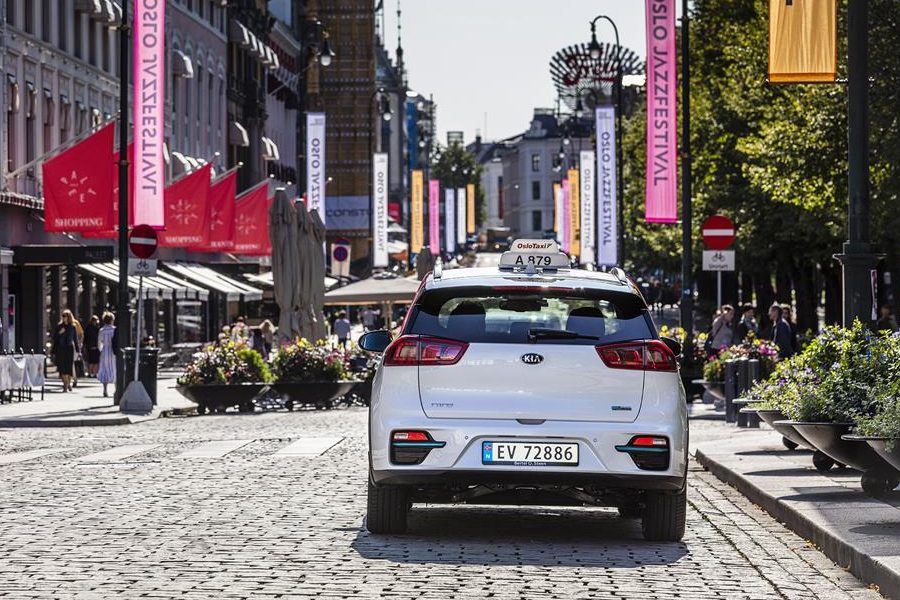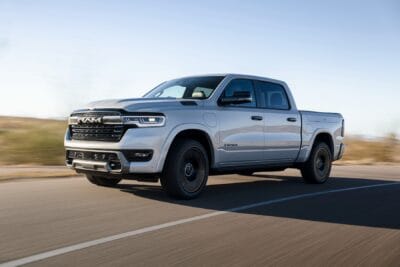EU: Nearly 15 per cent of all new cars in 2023 were battery-powered
According to figures from the German Federal Statistical Office (Destatis), Iceland accounted for the second highest number of new EV registrations in Europe in 2023, with an EV share of 52.8 per cent. Looking just at the EU, Sweden had the highest share of new electric car registrations, with 38.6 per cent.
Two other Nordic countries top the EU list: Denmark and Finland, with an EV share of 36.1 and 33.8 per cent, respectively. They are thus clearly above the EU average. Croatia had the lowest proportion of newly registered electric cars (2.6 per cent), followed by the Eastern European countries of Slovakia (2.9 per cent) and the Czech Republic (3.1 per cent).
As Destatis points out, new EV registrations in Germany were only slightl above the EU average. 18.4 per cent of newly registered cars there in 2023 were battery-electric – or a total of about 525,200 EVs. That means that Germany accounted for one in three of the almost 1.55 million newly registered electric cars in the EU.
According to an earlier report from the European Automobile Manufacturers’ Association (ACEA), a total of 1,538,621 battery electric cars were registered in the EU last year. That is an increase of 37 per cent compared to 2022 (1,123,444 BEVs). There were also 813,480 newly registered plug-in hybrids, which is slightly fewer than in the previous year (874,777; – 7 per cent).
destatis.de (in German)





0 Comments